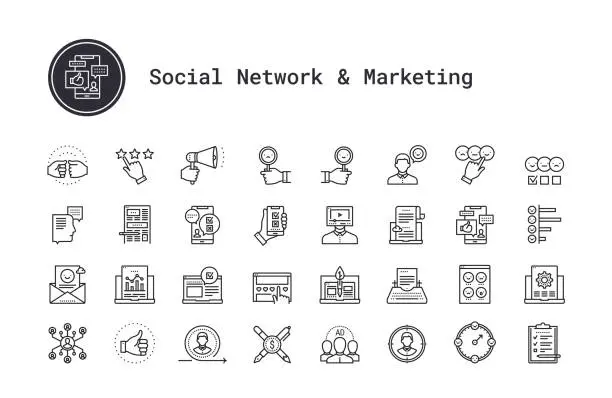
The Art of Adaptation: Why Staying Flexible is Crucial in Digital Marketing
- Admin
In the dynamic and ever-evolving landscape of digital marketing, one of the most valuable traits a marketer can possess is flexibility. With trends, algorithms, and consumer behaviors constantly changing, the ability to adapt quickly and effectively is essential for staying ahead of the curve and achieving success. In this article, we'll explore the importance of staying flexible in digital marketing and provide actionable strategies for adapting to changes in the industry.
1. Embracing Change:
In today's digital world, change is inevitable. From shifts in consumer preferences to updates in search engine algorithms, marketers must be prepared to adapt to changes quickly and efficiently. By embracing change rather than resisting it, marketers can position themselves for success and capitalize on new opportunities as they arise.
2. Responding to Market Trends:
Keeping a pulse on market trends and consumer behavior is essential for staying ahead of the competition. By monitoring industry developments, analyzing consumer data, and staying informed about emerging trends, marketers can adapt their strategies to better meet the needs and preferences of their target audience.
3. Flexibility in Content Strategy:
Content is king in digital marketing, and a flexible content strategy is key to maintaining relevance and engagement with your audience. Marketers should be prepared to pivot their content strategy based on shifting trends, audience feedback, and performance metrics. This may involve experimenting with different content formats, topics, or distribution channels to find what resonates best with your audience.
4. Agile Campaign Management:
In today's fast-paced digital environment, agile campaign management is essential for responding quickly to changes in the market and optimizing campaign performance. Marketers should adopt agile methodologies and tools that allow for rapid iteration, testing, and optimization of campaigns based on real-time data and feedback.
5. Embracing Innovation:
Staying flexible also means being open to innovation and new ideas. Marketers should continuously seek out opportunities to experiment with new technologies, strategies, and tactics that have the potential to drive results and differentiate their brand in the marketplace. By embracing innovation and taking calculated risks, marketers can stay ahead of the competition and maintain a competitive edge.
6. Conclusion:
In conclusion, staying flexible and adaptable is crucial for success in digital marketing. By embracing change, responding to market trends, maintaining a flexible content strategy, adopting agile campaign management practices, and embracing innovation, marketers can position themselves for success and achieve their business objectives in the ever-evolving digital landscape. As the digital marketing landscape continues to evolve, those who are able to adapt quickly and effectively will emerge as leaders in their industry.
